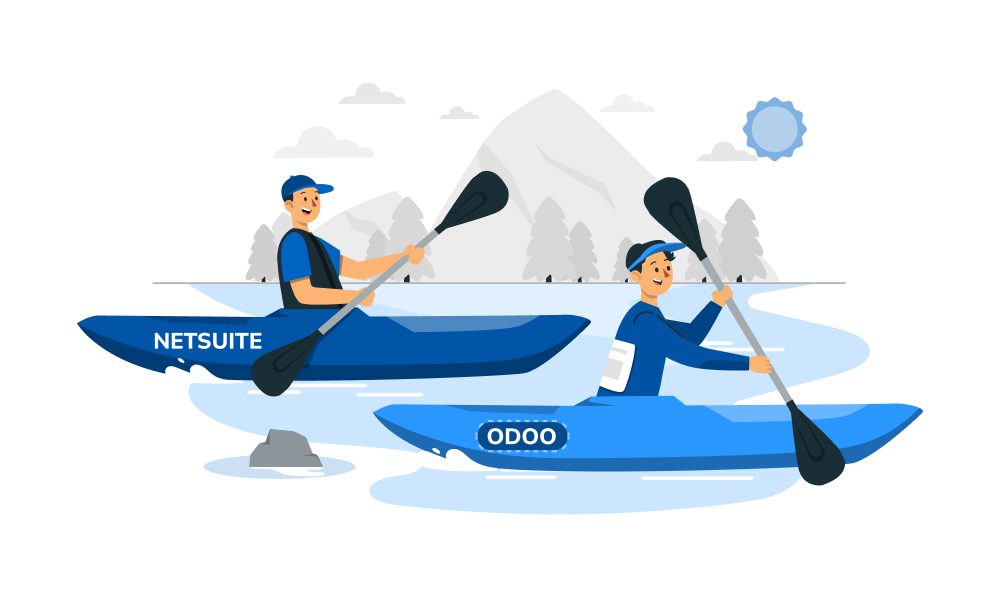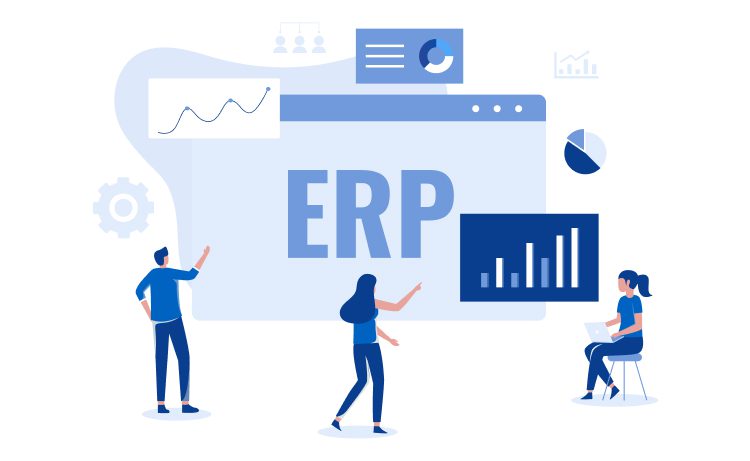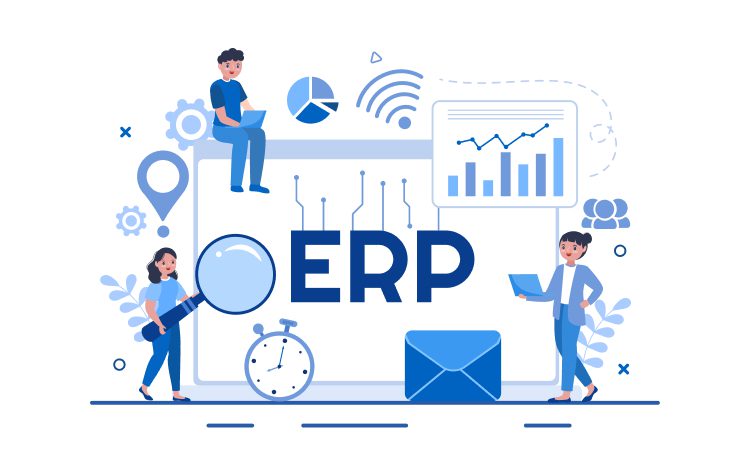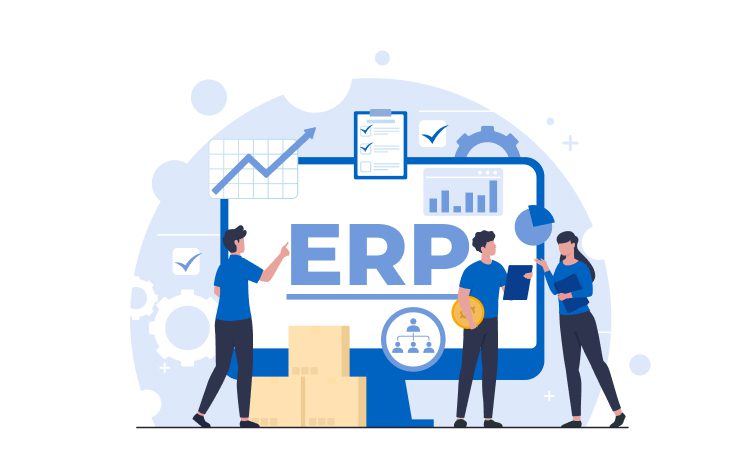
Odoo vs NetSuite: Which One Will Help You Rank in the Industry Top 10?



ERP systems are indispensable tools for small and large businesses seeking automation and seamless data management. About 82% of SMEs—with annual revenue under $50 million—already rely on ERP solutions to manage their processes, meaning their usage is no longer optional.
Two prominent representatives of ERP software are Odoo and NetSuite. Both systems offer dozens of perks for businesses of different sizes. While Odoo is favored for its modularity and cost-effectiveness, NetSuite makes for a comprehensive enterprise-grade suite.
With hundreds of enterprise resource planning systems competing for dominance, one question arises: Can Odoo or NetSuite make it to the top 10 in the industry? Let’s compare these solutions to determine which one deserves more of a top-tier position.

Content
Odoo has a modular structure that enables businesses to build their systems stepwise rather than settling on a rigid package. This adaptability makes it an excellent choice for SMEs looking to address specific business needs.
If you want to put it to the trial, you can go for a free Community edition. As the name suggests, its open-source model is backed by a large global community that constantly develops pre-built modules and integrations. From CRM to inventory and project management, startups can quickly set up a system that fits their needs—no expensive add-ons or consulting fees. An Enterprise version has premium features and dedicated support.
Its cost-effective pricing and strong integration options increase its appeal to smaller companies interested in digital transformation. However, custom development may call for tech skills. On top of that, scaling up can require additional modules that are available in the paid version.
Despite these considerations, Odoo outshines competitors with its strong developer community and broad industry reach. Suppose your company can’t boast strong internal IT capabilities, no worries. Glorium Technologies knows the ropes of open-source code. Share your specific requirements, and we’ll do the rest.
Today, NetSuite functions under the umbrella of Oracle Cloud ERP. Designed for medium to large enterprises, it undertakes multiple day-to-day business operations, from supply chain management to CRM. It also supports multi-currency transactions and real-time reporting, meeting the business requirements of companies operating on a global scale.
If you have access to Oracle’s ecosystem, you can connect NetSuite to it. But all these advantages can become available if you don’t have any budget constraints, as its pricing structure is steep. Not only do you have to cover the subscription cost, but you also have to fork out for any customization and support services. Setting up and configuring NetSuite requires professional expertise, increasing the time and resources needed for deployment.

Falling for a big name alone is almost a guarantee that your business’s specific needs won’t be met. To make your ERP implementation a success story, you need to home in on its core functionalities. Odoo and NetSuite are top ERP software, both offering a broad set of features but catering to different industries. Plus, your company size does matter here, too. Thus, understanding how these systems operate can help determine which ERP best aligns with your operational goals and growth plans.
Both Odoo and NetSuite offer financial reporting tools, though they differ in scope and depth. The choice between them depends on the complexity of financial processes and the need for built-in automation.
Customization in an ERP system means how well it adapts to specific needs and business processes. You need to decide whether you prioritize full development freedom or prefer a structured but vendor-controlled system.
A company’s growth potential depends heavily on how well its ERP system adapts to increasing demands.
How your ERP system connects with other software can affect your company’s workflow efficiency.
NetSuite ERP vs Odoo – feature comparison
| Feature | Odoo | NetSuite |
| Business management | Yes | Yes |
| Supply chain management | Yes | Yes |
| Ease of use | Moderate | Complex |
| Project management | Yes | Yes |
| Inventory management | Yes | Yes |
| Live chat capabilities | Yes | No |
| Data storage | cloud & on-premise | Cloud |
| Customers complaints management | Yes | No |
| Scalability | Yes | Yes |
| Customer management | Yes | Yes |
| Inventory forecasts | Yes | Yes |
Whether for startups or SMBs, jumping on the ERP bandwagon can feel like a major financial and technical commitment. For larger companies, expenses can also make for a make-or-break factor, as they often extend beyond the initial purchase.
Unlike NetSuite, which requires substantial upfront investment, Odoo offers a low-barrier entry point. With its open-source Community edition, you can go from zero to fully operational without financial risk. The Enterprise edition is priced per user and module. Here, your expenses can vary based on the number of users and applications selected.
NetSuite operates on a subscription-based pricing model that depends on the business size and selected features. It has a high upfront cost. Such a pricing policy makes it corporation-centric, as small and medium-sized companies can see the final bill as a significant burden.
Beyond the initial setup, companies must factor in customization and support fees. With Odoo’s open-source architecture, you are not locked into high-priced vendor support or rigid licensing structures. Meanwhile, NetSuite’s long-term costs escalate quickly and can drain resources early on, especially as your business grows and requires additional features.
Hence, while corporations are guided by business goals alone, startups and SMBs must remain budget-conscious. With all the above-mentioned in mind, Odoo can serve you better as you can:
Build your business foundation without financial strain. Leverage Odoo tools to scale without limits.
Do you feel like adopting the Odoo ERP system for valuable insights and higher workplace productivity? We would be happy to take care of all the steps of the ERP implementation lifecycle.
Glorium Technologies vouches for performing uncompromising ERP setups, covering everything from data migration to customization. As an Odoo-licensed partner, we configure the platform to align with your business goals and endow it with the necessary features.
Our approach, backed by the best practices and 14+ years of hands-on experience, ensures a structured and effective rollout. Whether you are in the manufacturing, construction, healthcare, or restaurant industry, we’ve got you covered.
Are you ready to integrate Odoo into your business? Schedule a free consultation today! Let us handle the implementation so you can benefit from a fully optimized system without delays.








